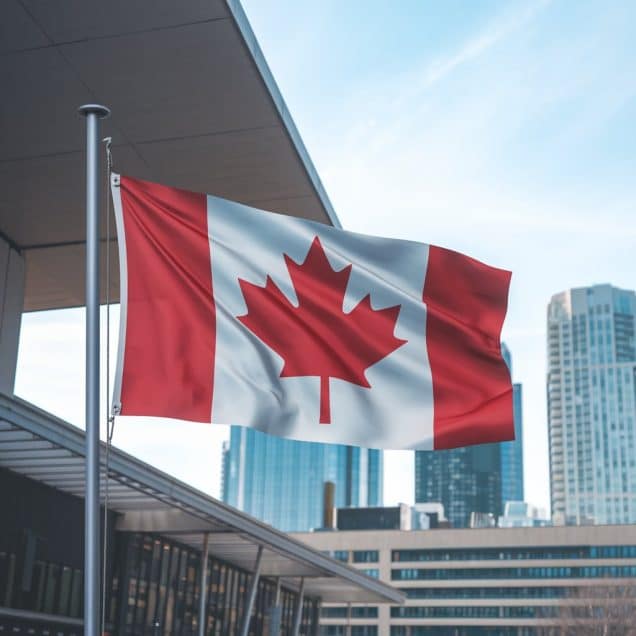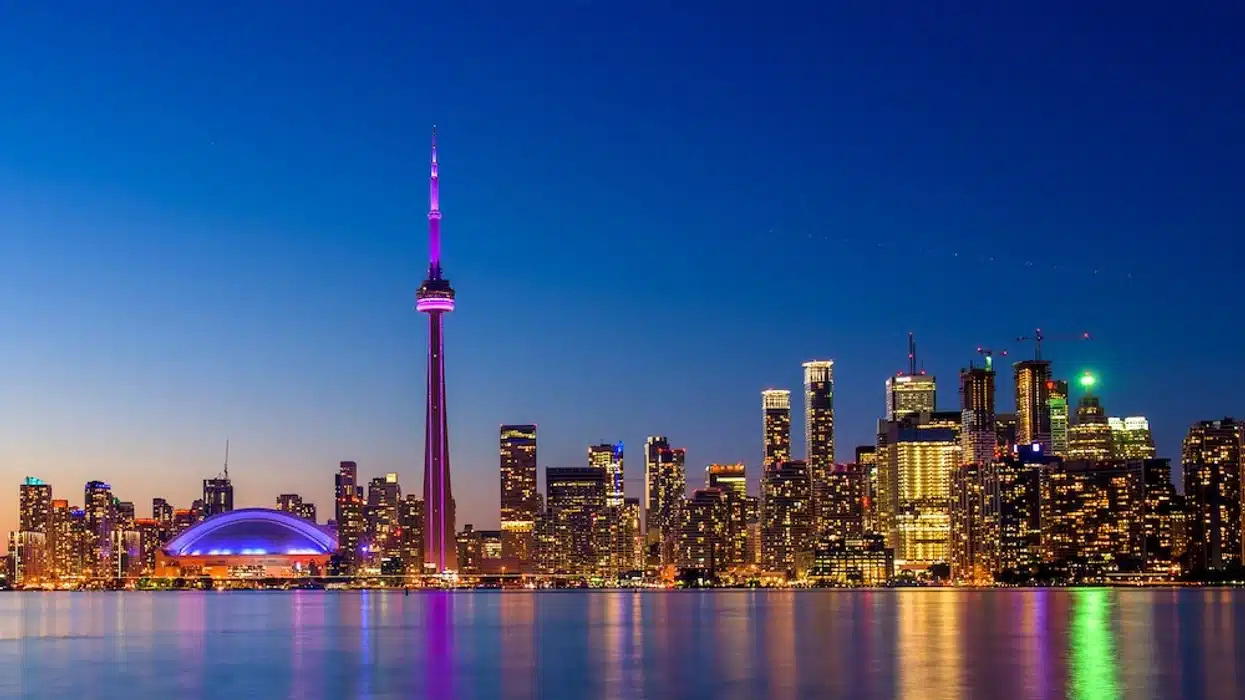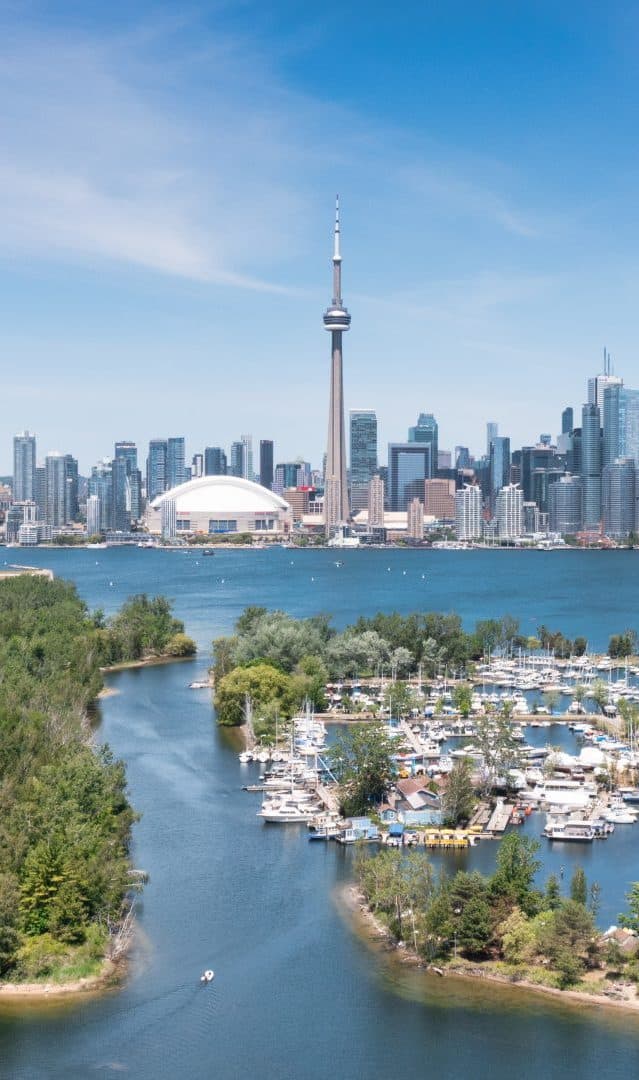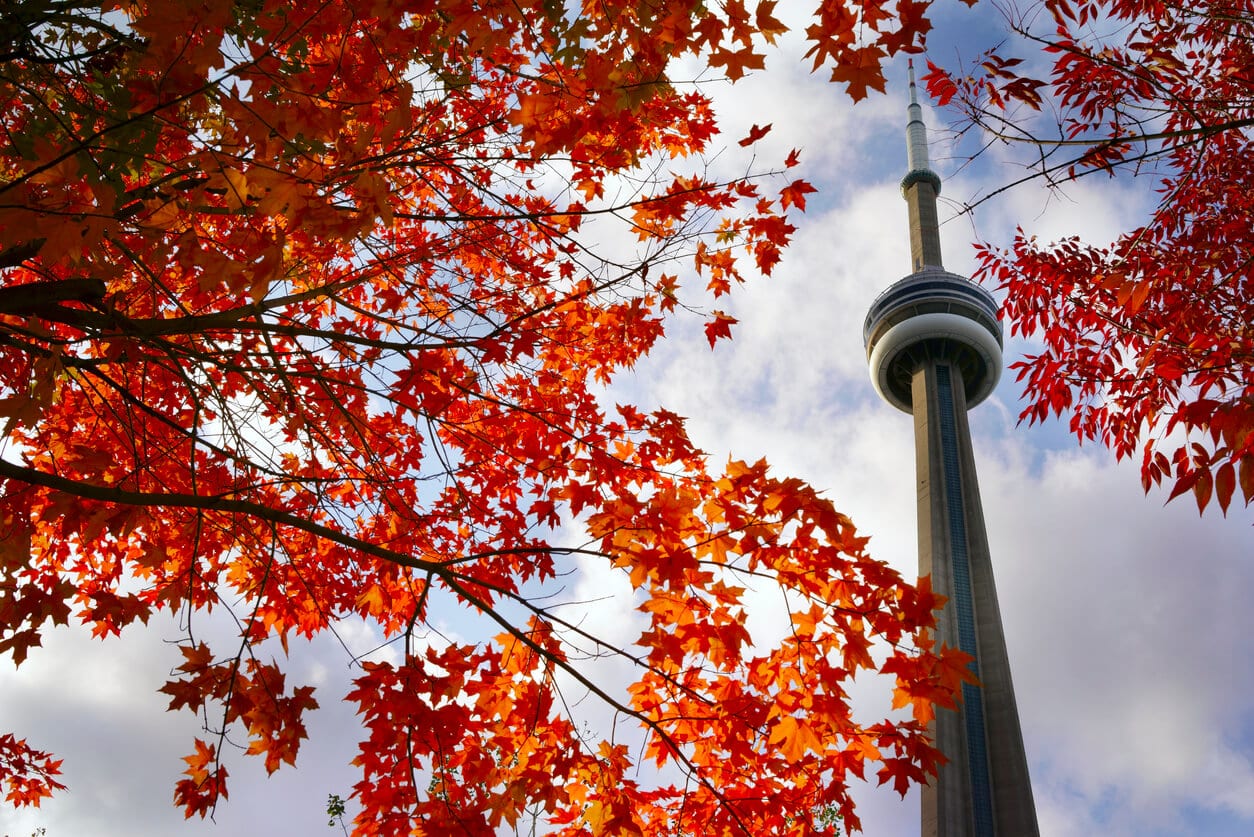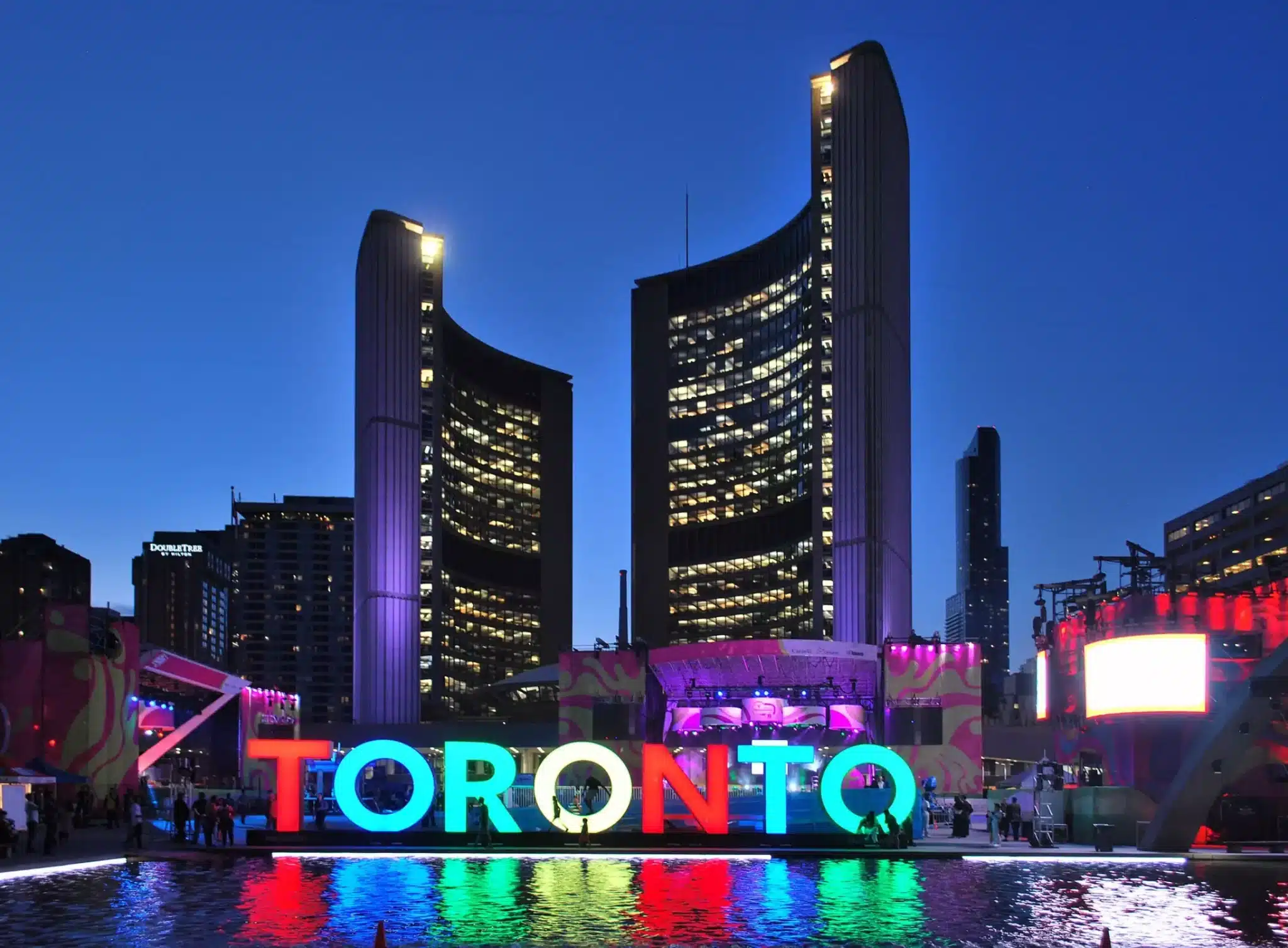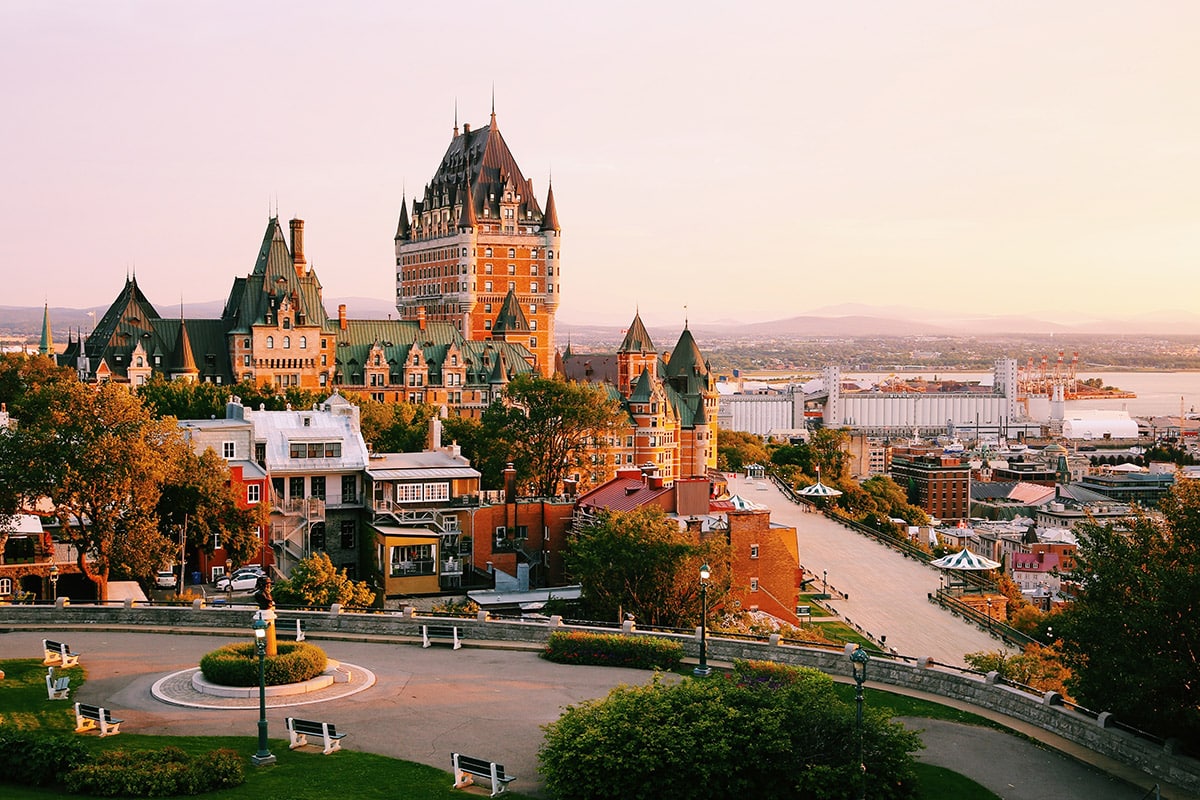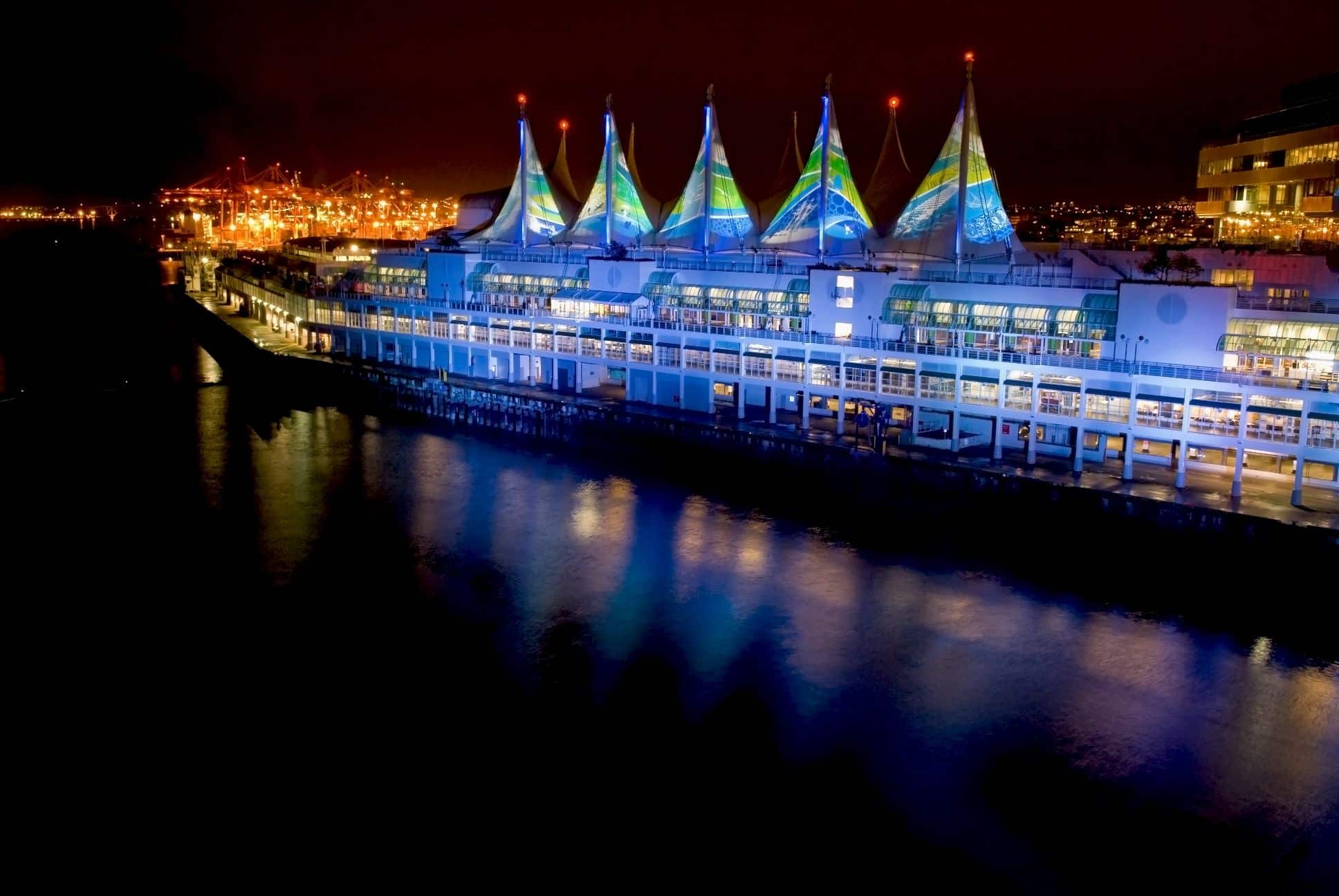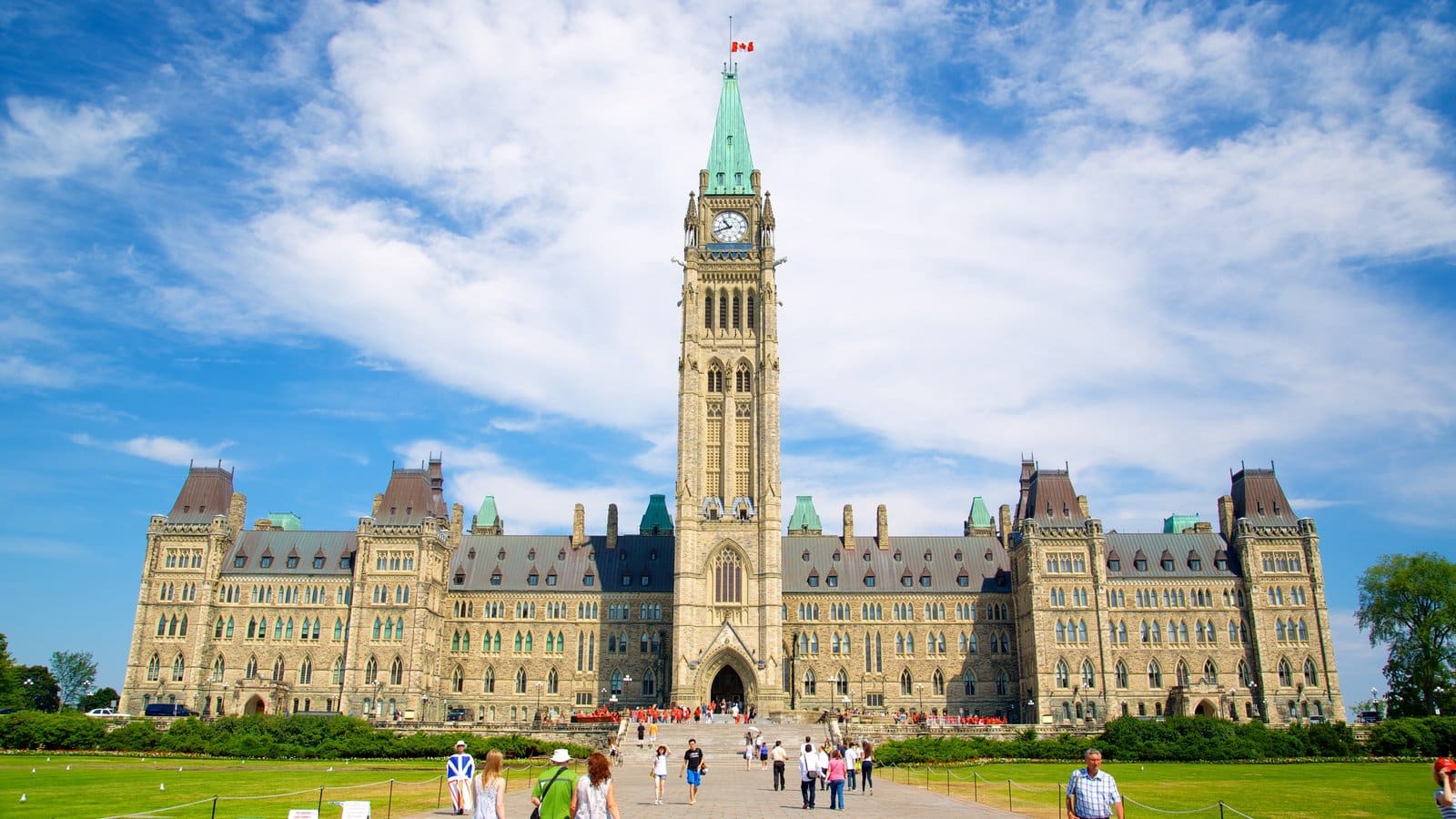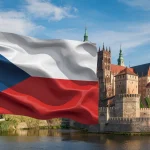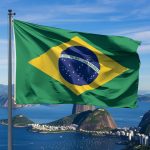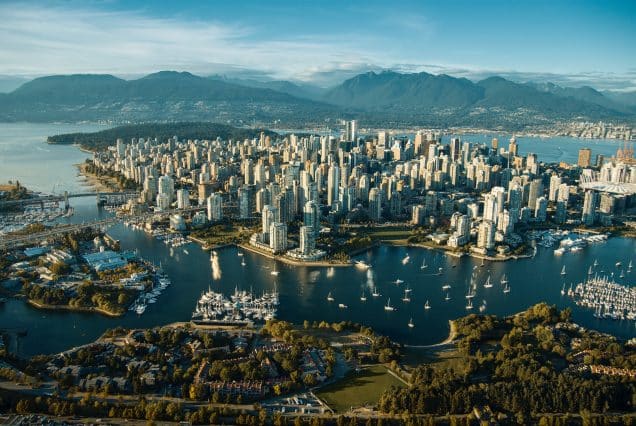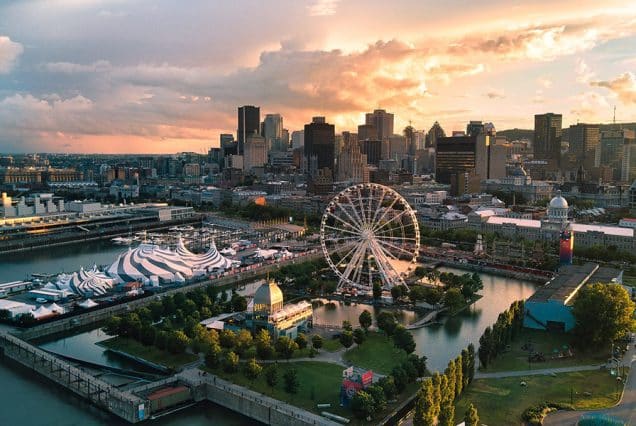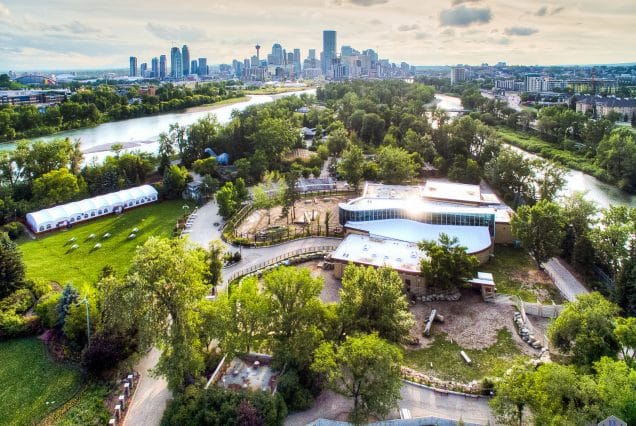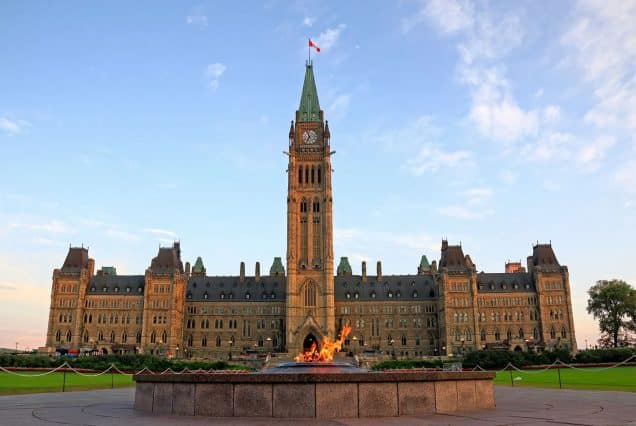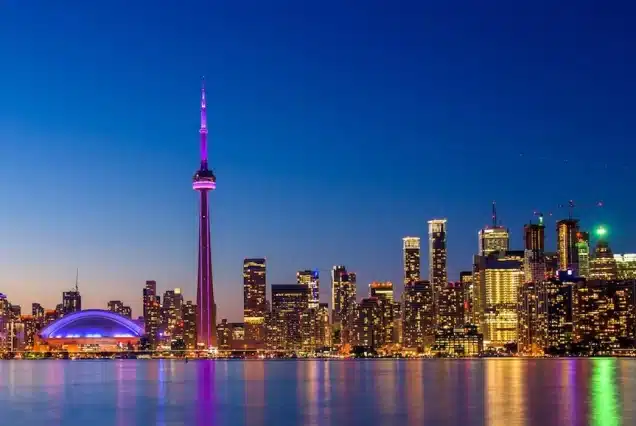

Discover Canada
Sights
Map
Info
Canada, known for its breathtaking landscapes and welcoming people, is a country that offers a unique blend of natural beauty and vibrant urban life. From the rocky peaks of the Canadian Rockies to the cultural hubs of cities like Toronto and Montreal, Canada is a destination that appeals to both nature lovers and city dwellers. The country’s rich cultural diversity, reflected in its bilingualism and multicultural population, adds to its charm, making it a fascinating place to explore. Before visiting, it’s important to understand the practical aspects of traveling to Canada, including entry requirements, transportation, and cultural norms.
Visa and Passport Requirements
Visa Requirement: Many travelers need an Electronic Travel Authorization (eTA) to enter Canada, while others may require a visa depending on their nationality.
Passport Validity: Your passport should be valid for the duration of your stay, though some airlines may require a longer validity period.
Border Entry: Travelers may be subject to questioning by Canadian border officials, so it’s important to have proof of onward travel and accommodation.
Transportation
Public Transport: Major cities like Toronto, Vancouver, and Montreal have extensive public transportation systems, including buses, subways, and trains.
Car Rentals: Renting a car is a popular option for exploring Canada’s vast landscapes, especially in regions like the Rockies or the Maritimes.
Domestic Flights: Given the size of Canada, domestic flights are a common and efficient way to travel between distant cities and provinces.
Accommodation
Hotels: Canada offers a wide range of hotels, from luxury chains to budget-friendly options, particularly in major cities and tourist areas.
Bed and Breakfasts: For a more personal experience, many travelers opt for bed and breakfast accommodations, which are common in both urban and rural areas.
Vacation Rentals: Services like Airbnb provide a variety of vacation rentals, from downtown apartments to lakeside cottages.
Dining
Restaurants: Canada has a diverse culinary scene, with a mix of international cuisines and local specialties like poutine and maple syrup-based dishes.
Tipping : Tipping is customary in Canada, with 15-20% being the standard for good service in restaurants and other service industries.
Local Specialties: Each region has its own culinary highlights, such as seafood in the Maritimes and French-inspired cuisine in Quebec.
Cultural Considerations
Respect for Diversity: Canada is a multicultural country, and respect for cultural diversity and bilingualism (English and French) is important.
Politeness: Canadians are known for their politeness and friendliness, so maintaining a courteous demeanor is appreciated.
Environmental Awareness: Canadians place a high value on environmental protection, so it’s important to follow recycling rules and respect natural spaces.
Language
Bilingualism: Canada is officially bilingual, with English and French as the official languages; however, English is predominant outside of Quebec.
Signage: In Quebec, most signs are in French, but in other parts of Canada, signs are usually in English, with some bilingual signage in tourist areas.
Communication: In most urban areas, English is widely spoken, and many Canadians are bilingual, particularly in Quebec.
Technology and Communication
Mobile Connectivity: Canada has widespread mobile coverage, though it’s advisable to check roaming charges or purchase a local SIM card for extended stays.
Wi-Fi Access: Free Wi-Fi is widely available in cafes, restaurants, hotels, and public spaces, making it easy to stay connected.
Electrical Outlets: Canada uses 120V electrical outlets with Type A and B plugs, similar to the United States, so an adapter may be needed for travelers from other regions.
Shopping and Payment
Credit Cards: Credit cards are widely accepted in Canada, even for small purchases, and contactless payments are common.
Sales Tax: Be aware that sales tax is added at the point of sale, and it varies by province, so the price you see may not be the final amount you pay.
Shopping Centers: Canada has a range of shopping options, from large malls and luxury boutiques to small local markets, offering a wide array of goods.

